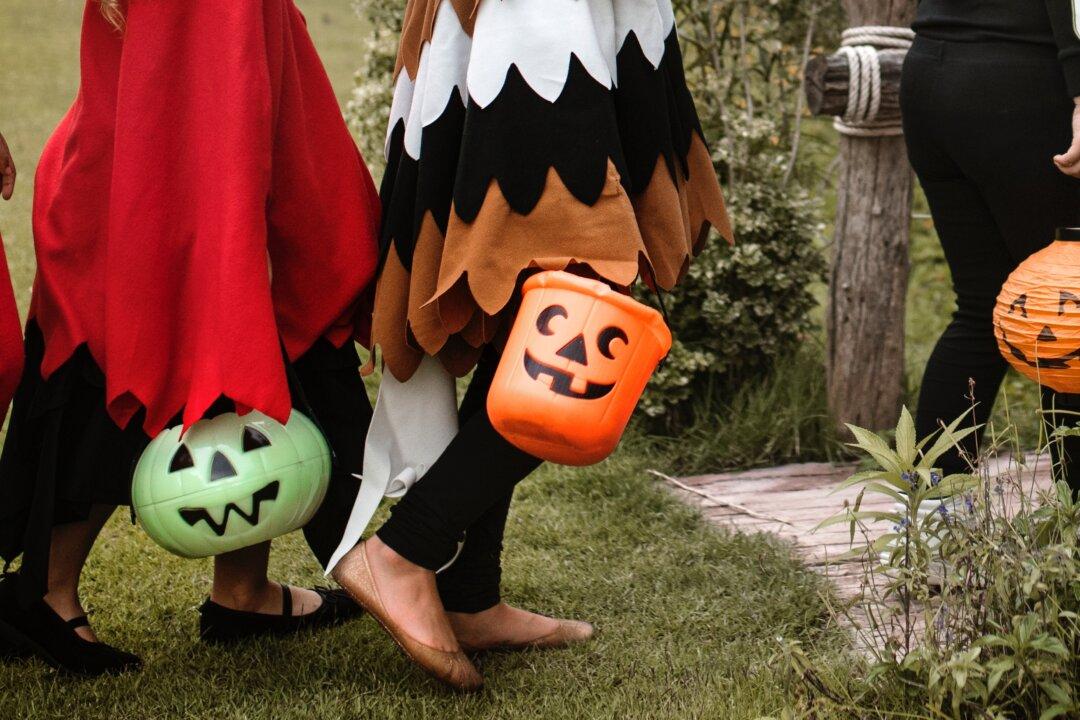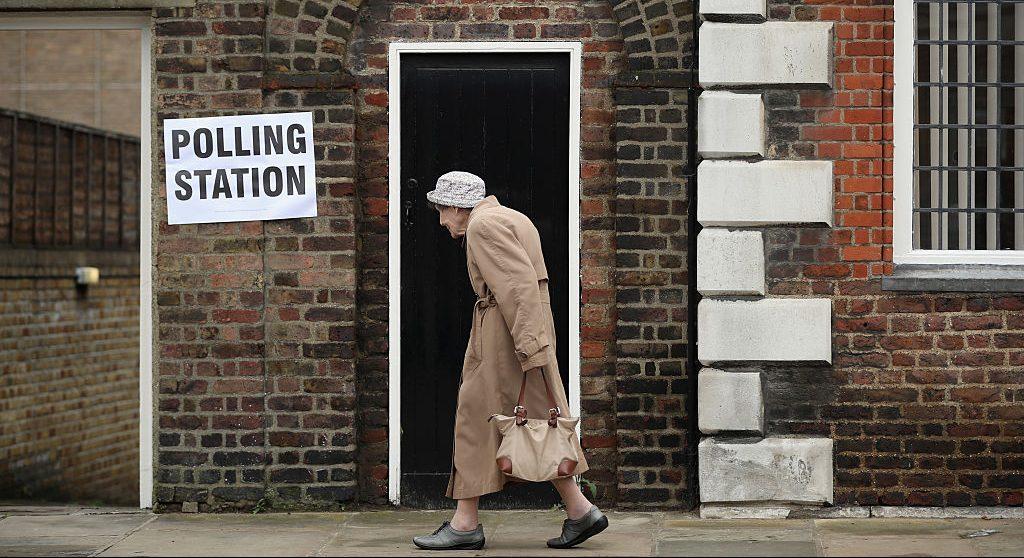Commentary
Recently, I wrote an article for The Epoch Times about America-bashing movies directed by Britons. If you are unlucky enough to be a U.S. expatriate in Britain during religious or patriotic holiday periods, you will be on the receiving end of some pretty scary abuse.





